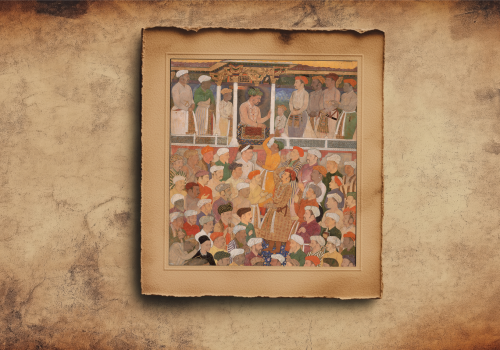ZOBEIR RAHAMA (1830–1913) Zobeir Rahama, an Egyptian pasha and Sudanese governor, is noted for his involvement in the campaign for restoring Maharaja Duleep Singh to the throne of Punjab. A member of a family claiming descent from the Quraish tribe through Abbas, uncle of Muhammad, Zobeir was a prominent ivory and slave trader along the White Nile. Nominally an Egyptian subject, he commanded an army of several thousand well-armed soldiers, posing a significant challenge to Egyptian authorities.
Zobeir participated on the side of the Turks in the Russo-Turkish War of 1877. Given his international influence, Maharaja Duleep Singh sought Zobeir’s support upon returning to Europe from Aden in 1886. His agent, Abdul Rasul Kashmiri, met Zobeir in Cairo. Around this time, Zobeir attracted the attention of the Government of India, which sent two agents, Munshi Aziz ud-Din and Jasvant Singh, posing as friends of the Maharaja, to meet him in 1888. Zobeir referred to Jasvant Singh as the “father of the turban” due to his unusually large turban.
By then, Zobeir was in decline. His properties had been confiscated, and he lived in a modest house near Cairo’s railway station under restricted surveillance. Although allowed personal freedom, his movements were closely monitored.
From among Maharaja Duleep Singh’s friends in India, Zobeir recalled the names of Baba Khem Singh Bedi and some chiefs near Firozpur, possibly referring to the Raja of Faridkot.
References:
- Ganda Singh, ed., History of the Freedom Movement in the Panjab (Maharaja Duleep Singh Correspondence), Patiala, 1972







